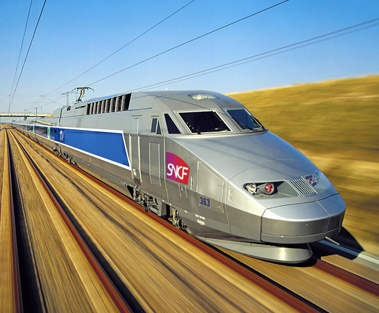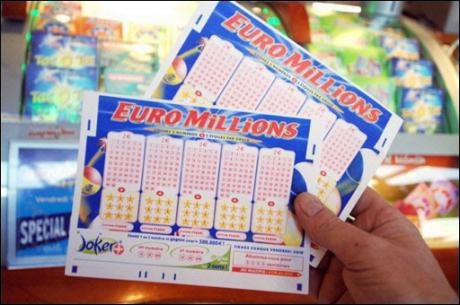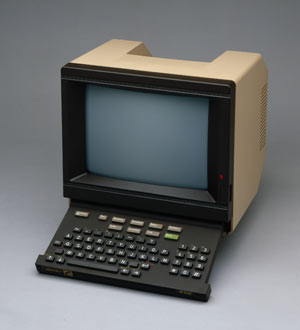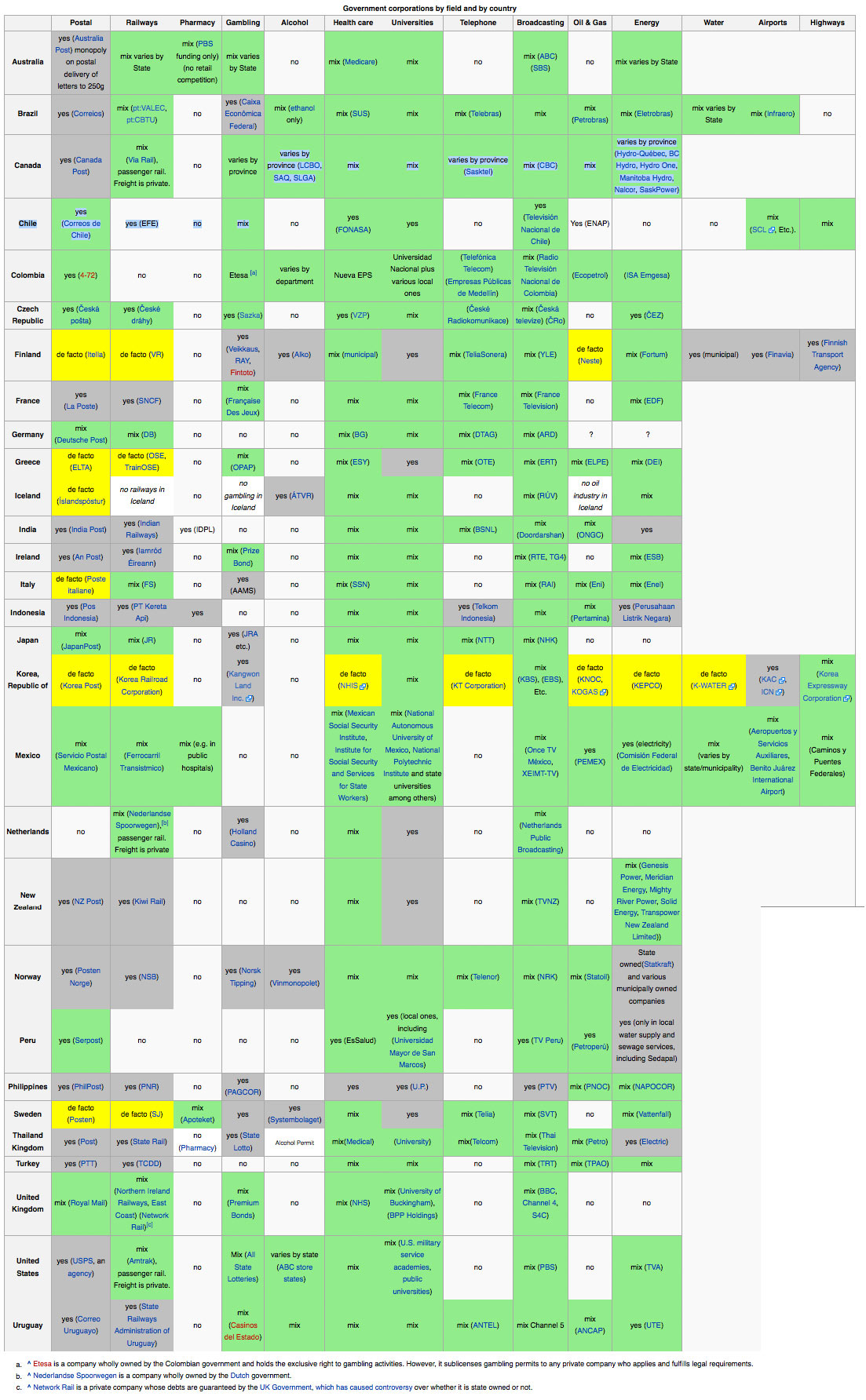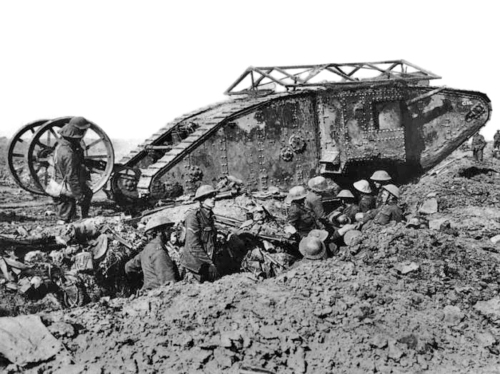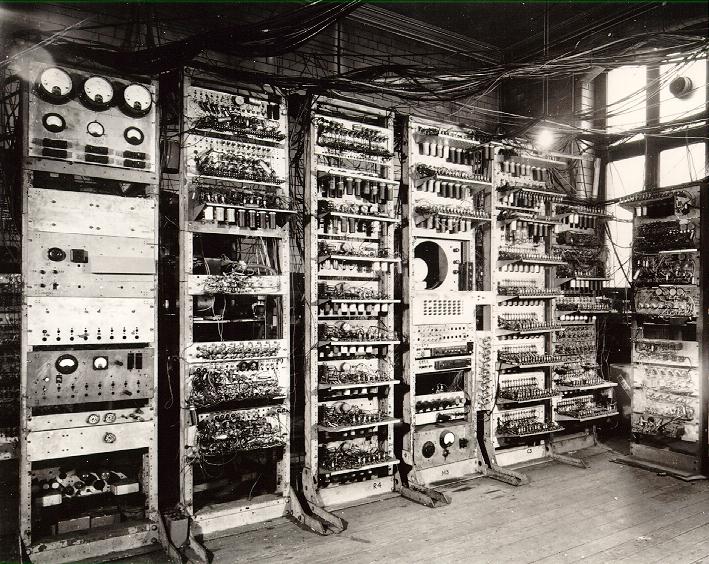Just because someone says something is the worst, doesn't make it so. Take the BP blowout, for example. It was larger than the Ixtoc blow out of 1979, but the damage it did was a fraction of Ixtoc's. Some of that was luck, some the well location, and some improved technology.
I would also suggest the contrary...
Like you know, good old fashioned government denial
http://www.20minutes.fr/article/823...-la-gestion-de-la-crise-par-les-autorites.php
April 26: at 1:23 am, the number 4 of the Chernobyl nuclear power plant in the USSR (now Ukraine) reactor exploded during a verification phase of security systems. The reactor design and build technical errors seem to be the cause of this major accident.
April 27: the inhabitants of the nearest city Pripyat, are removed, soon followed by the 100,000 inhabitants of the surrounding area.
April 28: Sweden alert the international community by registering a sharp increase in radioactivity on its territory.
April 29: the Chernobyl radioactive cloud arrives in France.
April 30: Pierre Pellerin, head of SCPRI (Central Service for Protection against ionizing radiation) claims that "no significant increase in radioactivity was found."
May 1: the annual Soviet parade is held in Kiev, Ukraine.
May 2: different measures, especially concerning food are taken in many European countries (Poland, Denmark, Norway, Finland, Sweden, United Kingdom, Netherlands, Germany, Austria, Italy, Greece etc..). Italy is also developing a contamination control its borders, in an apparent attempt to suppress contaminated from France where no action has been decided products.
May 6: The French Ministry of Agriculture issued a press release: "The French territory, because of its remoteness, was completely untouched by the effects of consecutive radionuclides accident of Chernobyl."
<<<<<<lol
May 8: a confidential note from the Ministry of Foreign Affairs Matignon said that France has "got a softening control measures" proposed by Brussels and "above the controls of radiation are made in the exporting country and not in the importing country ".
<<<<<fuck yeah
May 10: on the news of TF1, Pierre Pellerin recognizes that radioactivity measurements were abnormal on April 30. But continues to assert that no special measures were necessary.
<<<<<<< great
May 14: The number one Soviet Mikhail Gorbachev acknowledged the scale of the disaster in a televised address.
May 15: Foundation Criirad (Commission for Independent Research and Information on Radioactivity) by citizens who denounce the lack of independent controls.
May 16: crisis meeting at the Ministry of Interior. The presence of more than 10,000 becquerels per liter in milk sheep in Corsica does not involve any government decision while European regulation is best to remove the consumption any food containing more than 500 Bq / l. A document is annotated by hand: "We have figures that can not be released." This document will be seized by the court during a search in 2001
<<<<<<<<ho ho ho
May 18: Alain Carignon, French Environment Minister said that the government has "made the mistake of believing that because there was no danger, it was not necessary to inform strongly French and French. "
<<<<<<suuuuuuuuure
June: the construction of the sarcophagus of reactor number 4 is completed. This shield is supposed to isolate the reactor and prevent further radioactive leakage.
1987
February 16: At a meeting in Brussels of foreign ministers of the European Union, France refuses to allow for extension of the EU regulation on the maximum acceptable radioactivity of food in case of a nuclear accident, adopted urgently after Chernobyl .
<<<<<ha ha ha
1990: Doctors are seeing an increase in thyroid cancer in children under 15 years in Belarus and Ukraine.
October 11: the number 2 reactor is out of condition after a fire.
December 1991: Ukraine became independent.
July 1992, the G7 meeting in Munich defines the axes of assistance to Eastern Europe on nuclear safety.
July 1994: at the Naples summit, the G7 provides assistance to $ 200 million, in addition to ECU 500 million already pledged by the European Union in exchange for the permanent closure of the plant. Closure of reactor number 4.
SCPRI change its name to the Office for Protection against Ionizing Radiation (Opri).
1995
March: Alliance group recommends repairing the sarcophagus of reactor number 4. Estimated repairs Amount: $ 1.5 billion.
June: Kiev demanding $ 4 billion to close Chernobyl, compared with $ 885 million proposed by the G7.
December: an agreement between Ukraine and the G7 in Ottawa. For $ 3.1 billion, Ukraine agrees to close its nuclear power plant by 2000.
1997: The Institute for the Protection and Nuclear Safety found that between 1986 and 1997, 1,800 cases of thyroid cancer in children under 18 years are directly attributable to the nuclear accident.
1999
January: No. 3 reactor was arrested three months for repairs to the piping system innervating the reactor, and again set off for work until December.
February 17: Creation of the French Association of Thyroid Disease Sufferers (AFMT)
April: The European Bank for Research and Development reaffirms its wish to see all reactors at the plant inoperable.
2000
March: Ukraine announces that Chernobyl close December 15, 2000, 23 years after its commissioning.
December 15: closing the plant.
2001
March 1: the AFMT, Criirad and 51 patients thyroid file a complaint against X, considering that the management of radioactive fallout from Chernobyl by the French authorities was originally an additional diseases, especially cancer Thyroid.
November 2001: Searches conducted by the judge Bertella-Geffroy in various departments and agencies of the French nuclear risk.
2002
February 24: Criirad and geologist André Paris publish an atlas that shows in detail the contamination of French territory by the Chernobyl cloud and accuse the French authorities of hiding the truth from the public.
<<<<<<<<rofl
February 26: pressure the French government created a working group on the consequences of the Chernobyl disaster on the French territory. He entrusted the presidency Aurengo André, Chief of Nuclear Medicine at the Pitie-Salpetriere and ... member of EDF's Board of Directors.
February 28: Judge Bertella Geffroy-demand comparative expertise between radioactivity measurements taken by the French authorities in 1986 and published figures.
April 25: The AFMT and accompanying Criirad 200 new plaintiffs, bringing the number of complaints to 400.
2005
March 25: The judge Marie-Odile Bertella-Geffroy notify the plaintiffs that the report has been provided to him by two experts, Paul Genty and Gilbert Mouthon. The conclusions are damning for the French government at the time (the first was Minister Jacques Chirac, the spokesman of the government was Alain Juppé) and SCPRI. There was no "error" on the part of the authorities, but a deliberate lie.
<<<<AND IT'S A FUCKING COVER UP GOING WRONG
April 13: Criirad calls for the review of Pierre Pellerin
September: A UN report back to 4000 the number of people who have died as a result of the nuclear accident. A report criticized by victims' associations and in particular by the international organization "Physicians for the Prevention of Nuclear War" (IPPNW).
2006
15 and 16 April: a few days before the 20th anniversary of Chernobyl, the Network "Going Nuclear" organizes a giant near Flamanville (Manche) gathering site where a nuclear reactor (EPR) should be created.
Just because the government says so, doesn't make it so.

